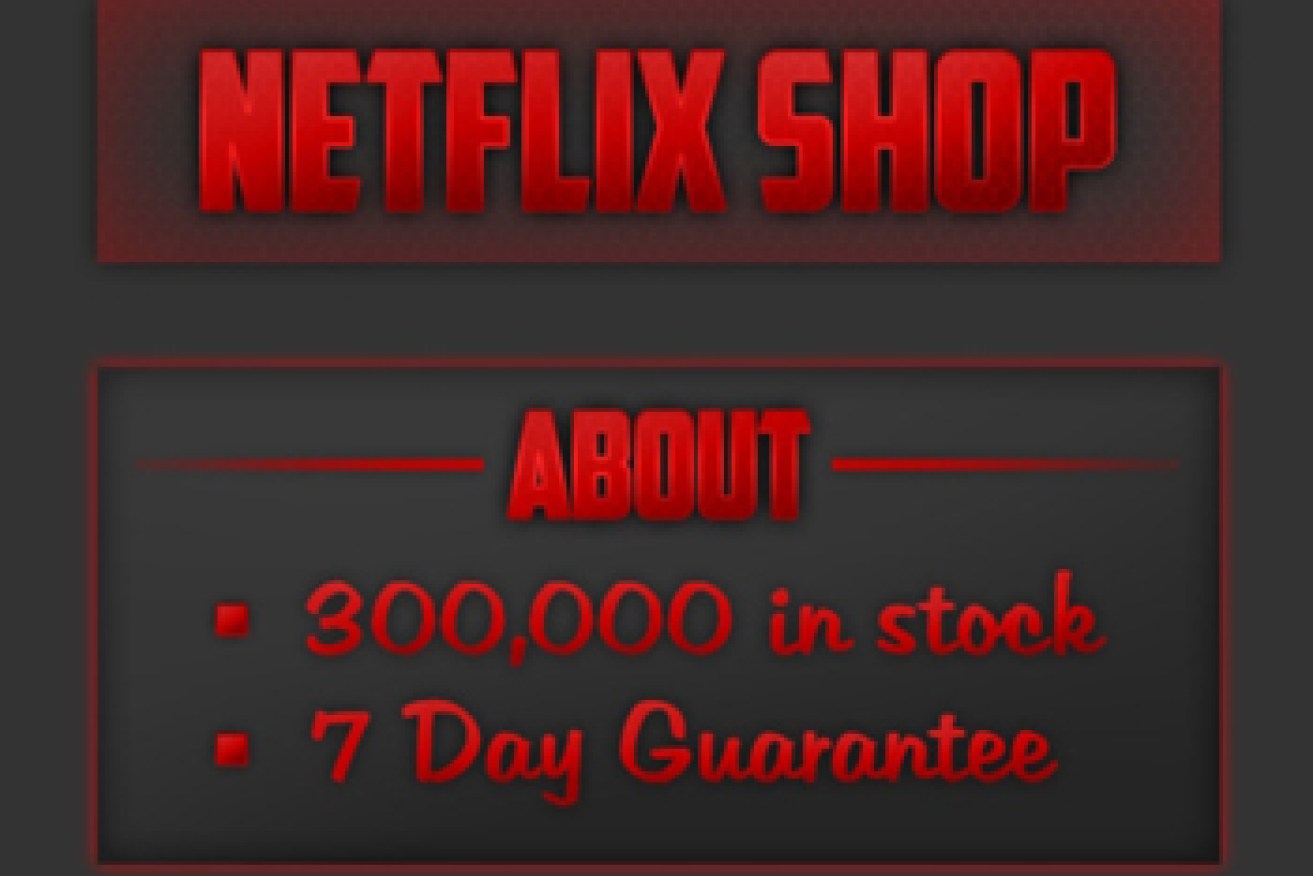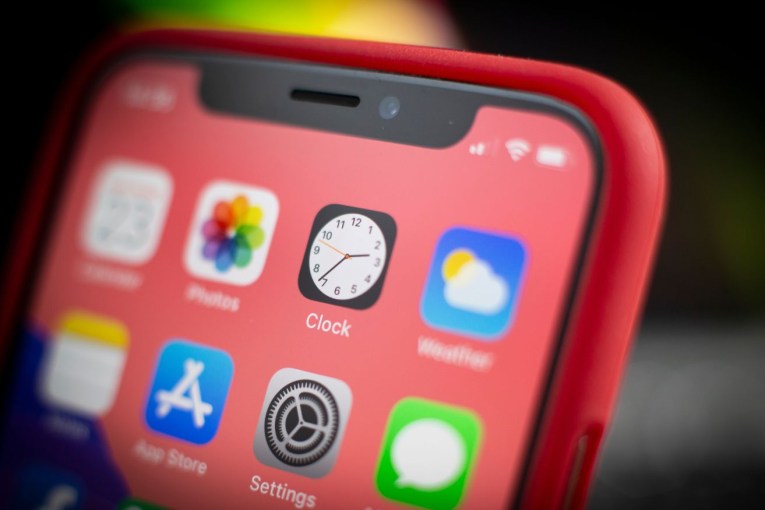Netflix passwords stolen, sold on black market

An online advertisement for stolen Netflix passwords found by Symantec.
A second pair of eyes may be secretly watching your Netflix, security experts have warned.
Stolen Australian account logins are being sold to greedy customers across the globe at a fraction of the monthly subscription fees. These parasites sit quietly in the background, watching the TV shows and movies you pay for without raising suspicion.
This was one of the warnings in security firm Symantec’s latest Internet Security Threat Report published on Tuesday.
• Netflix closes the door on rogue VPN users
• Worst show on Netflix renewed
• Facebook cracks down on sneaky branded content
The firm found active Australian Netflix accounts advertised on black market websites. From there, the usernames and passwords are on-sold to shameless piggybackers for as little as $A2 a month, according to a spokesman.
“It goes to show how sophisticated the marketplace is. It’s not just trading between crooks. This one is really interesting because it’s being monetised by using everyday consumers who know they are facilitating cybercrime,” Symantec’s Nick Savvides told The New Daily.

An online advertisement for stolen Netflix passwords found by Symantec.
These stolen, cut-price logins are openly advertised as illegal. This doesn’t seem to deter buyers – including unscrupulous Australians looking to save money, Mr Savvides said.
“I would absolutely guarantee that Australians are represented in those figures.”
The warning is relevant to the estimated 2,728,000 Australians who joined Netflix by the end of 2015, as calculated by Roy Morgan research.
The scams are “crazy” because they offer free samples, customer guarantees and discounts to moochers, Mr Savvides said.
“It’s amazing. You see these guys trying to enforce terms of service. They say ‘no changing of passwords’ because it’ll alert the original user that their account’s been compromised.
“These guys have really taken a page out of the marketeers handbook.”
What makes the scam so unique is that the Netflix owner of the account has no idea it’s happening. They are not booted out of their account. No passwords change. The parasite watcher simply lurks in the background, watching whatever they like.
The account holder and the moocher could theoretically watch Netflix at the same time. If the illegal user deleted their viewing history and avoided changing any account settings, and if the owner did not receive any Netflix alerts warning of unusual logins, or ignored these warnings, they might never discover the parasite’s presence.
Stop mooching before it happens
One way to stop a parasite watcher from ever accessing your account is to prevent hackers from Eastern Europe, China and elsewhere from stealing your password in the first place.
Netflix passwords are usually stolen using spam emails, Mr Savvides said.
Some of these emails are made to look like official communication from Netflix or other reputable companies. For example, soon after Netflix debuted in Australia last year, Symantec noticed a spike in spam emails telling the user something like: ‘There is a problem with your account. Click here to fix.’

Do you know if anyone else is watching Orange Is the New Black with your login details? Photo: Liongate
Do not click these emails. If you do, a virus may be downloaded to your computer. Or the email may direct you to a screen asking for your email address and Netflix password. This will be a fake login screen that steals what you type.
Mr Savvides also advised Netflix customers to change their password regularly, only download Netflix apps from trusted websites like Google Play and iTunes, and review connected devices (more on that below).
Boot out a parasite
Netflix Australia, which declined to comment for this story, explains how to find out who is using your account on its website.
First, check your watching history. Does anything look unusual? If you see suspicious activity, Netflix recommends you sign out all devices and reset password.
It is also possible to check recent account access, which may indicate the date, time and location of logins, although this may not work for all users.









